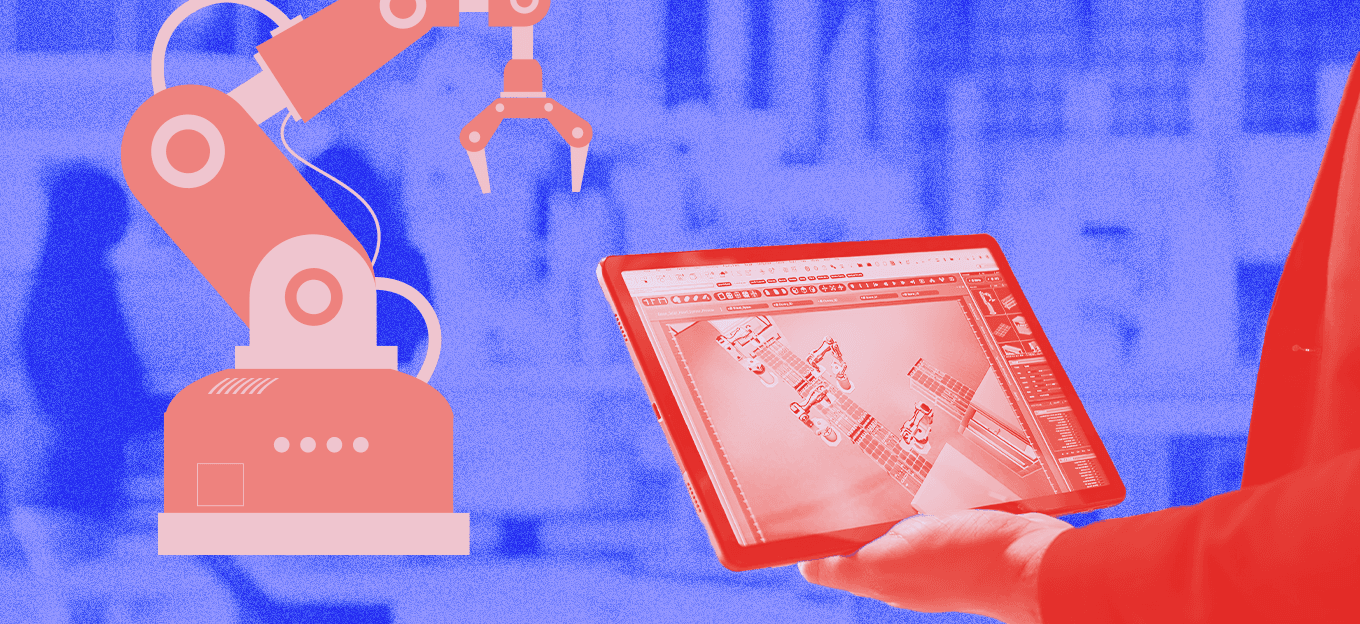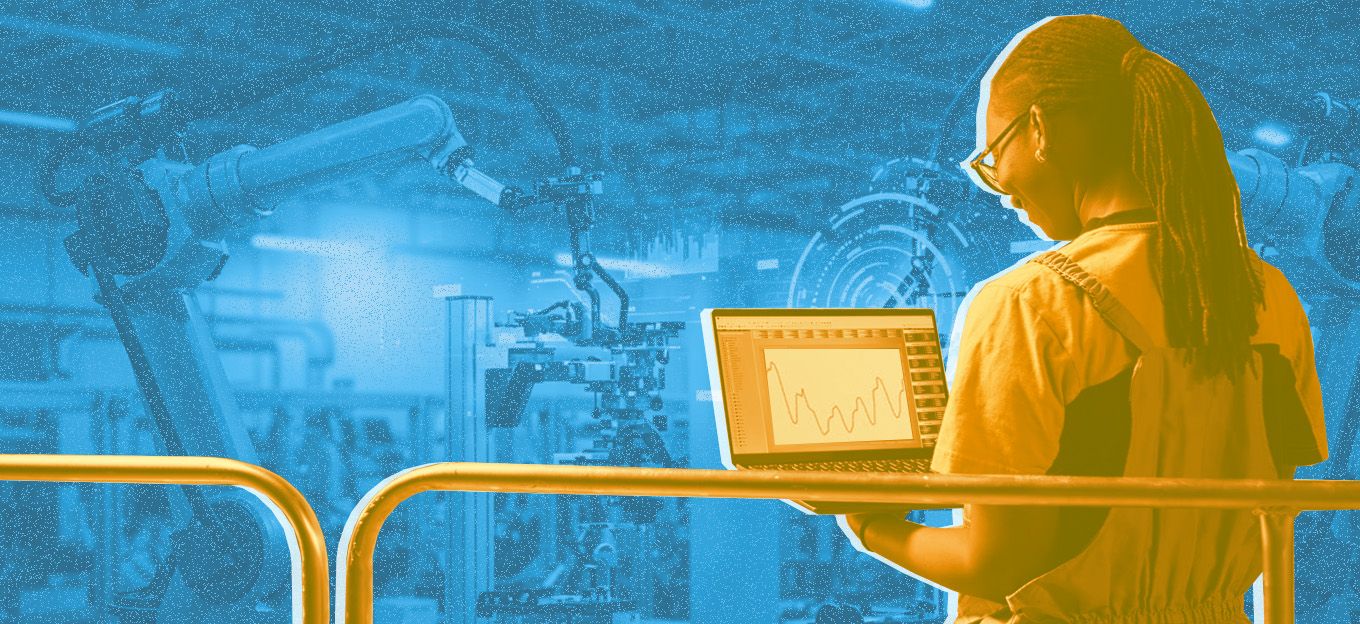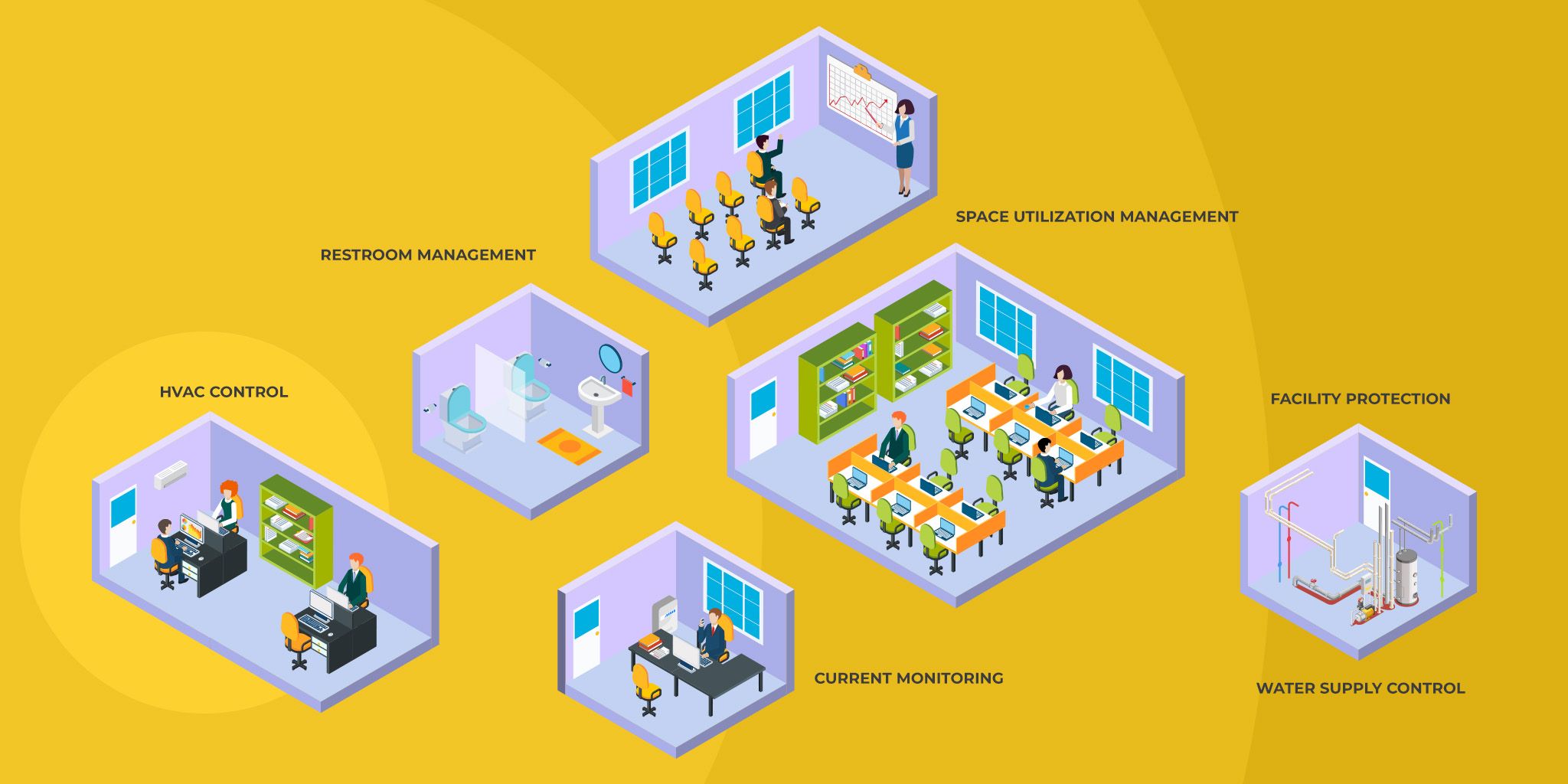5 Ways Industrial AI Revolutionizes Manufacturing
5 Ways Industrial AI Revolutionizes Manufacturing
- Last Updated: December 2, 2024
Intraratio Corp
- Last Updated: December 2, 2024



Artificial Intelligence (AI) is most commonly applied in manufacturing to improve overall equipment efficiency (OEE) and first-pass yield in production. Over time, manufacturers can use AI to increase uptime and improve quality and consistency, allowing for better forecasting.
As with many components of digitization, AI implementation can seem overwhelming. Concerns about how to effectively use and manage billions of data points generated by intuitive computing power and their connected machines are common amongst manufacturers. Many are uncertain how to get started and often attribute their caution in AI adoption to cost, IT requirements, and/or fear of not being “Industry 4.0” ready.
To stay competitive, manufacturers must adapt to a more data-driven business model that incorporates AI.
To stay competitive, it’s important manufacturers adapt to a more data-driven business model. This often includes reorganization of staff, hardware and software upgrades.
AI, a concept often associated with the future, is now a reality and can be applied to your factory today. Here are 5 Ways Industrial AI is Revolutionizing Manufacturing and tips on implementation:
Predictive & Preventative Maintenance
Some of the biggest downtimes for a production operation can be caused by a core piece of machinery being offline due to mechanical or electrical failure. Usually, the failure can be easily prevented by following up on the machine's recommended preventative maintenance schedule. Often PMs are overlooked or not optimized for the best timeline to complete. With the power of IoT devices, sensors, MES data, and machine learning algorithms, manufacturers can utilize many machine data points to predict breakdowns. PM schedules can be optimized before the predicted breakdown to keep machines in top-notch condition and the production floor running smoothly.
Supply Chain Optimization
Today's supply chains are super complex networks to manage, with thousands of parts and hundreds of locations. AI is becoming a necessary tool to get products from production to customer promptly. With machine learning algorithms, manufacturers can define the optimized supply chain solution for all their products. Questions like ‘How many resistors should be ordered for the next quarter?’ or ‘What's the best shipping route for product A’ can finally be answered without relying on a best guess approximation.
In-house inventory management can be a major challenge in itself. The production line heavily relies on inventory to keep the lines fed and producing products. Each process step requires a certain amount of components to operate; once consumed, it needs to be replenished on time to continue processing. Keeping the factory floor stocked with all necessary inventory is a challenge that AI can help manage. AI can look at component quantities, expiration dates and optimize the distribution throughout the factory floor.
Production Optimization
Process optimization can be a data-heavy task involving countless historical data sets. Pinpointing which process parameters produce the highest product quality is not an easy task. Manufacturing and Quality engineers run dozens of Designs of Experiments to optimize process parameters all the time, but often they can be costly and time-consuming. With the fast data crunching speed of AI, engineers can find the optimized process recipe for different products. Questions like ‘What conveyor speed or temperature should I input for the highest yield?’ or ‘What machine should I use for this high pitch emerging technology circuit board?’. AI will constantly learn from all production data points to continuously improve process parameters.
Predictive Yield
Yield prediction conversations always come up when AI in manufacturing is being discussed. The ROI on having a high accuracy prediction AI model is limitless. Predicting yield can better prepare supply chain and inventory management for future component needs. Knowing if yield will be lower than expected can alert production management to increase production time to meet demand needs. Yield prediction is a data-heavy complex problem that will require AI to solve.
Augmented and Virtual Reality
With augmented and virtual reality technologies improving every day, with more major companies developing devices for this market, it's only a matter of time before the manufacturing industry fully adopts their use. Virtual reality can help better train product builders to perform assembly or preventative maintenance tasks. Augmented reality provides real-time reporting driven by machine learning on the factory floor or in the field, helping to identify defective products and areas of operational improvement quickly. AR/VR manufacturing applications are endless and can play a significant role in solving today's challenges.
Bonus: Energy Management
AI can help the often overlooked area of energy management. Most engineers don't have the time to analyze the cost of factory energy consumption. Having an AI look into the energy consumption of a production operation can significantly reduce operations costs. In addition, reduced costs can allocate more funding for process improvement resources, leading to higher yield and quality.
What if you had a system in place that automatically detected production issues in real-time, before they happen?
The benefits would be predictive maintenance, inventory, and product outlier detection in an accessible and intuitive way, driving operational excellence to new levels.
This would be a game-changer to your competitive advantage. Yes. Data is the new bacon, and AI is taking it to new heights.
The Most Comprehensive IoT Newsletter for Enterprises
Showcasing the highest-quality content, resources, news, and insights from the world of the Internet of Things. Subscribe to remain informed and up-to-date.
New Podcast Episode

How Smart Labels Transform the Supply Chain
Related Articles





